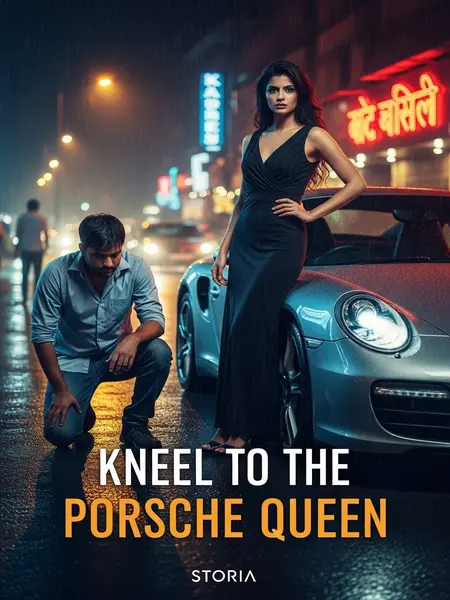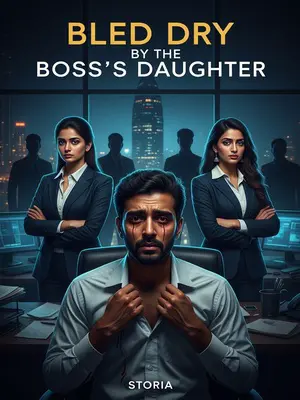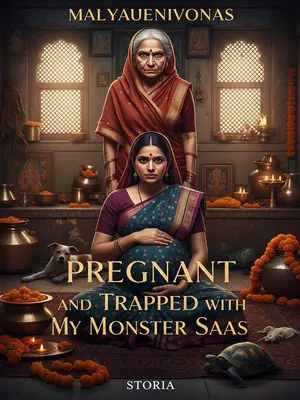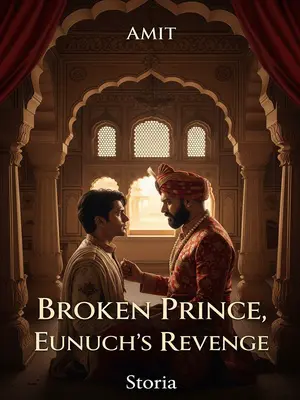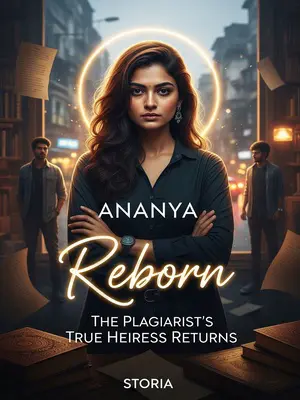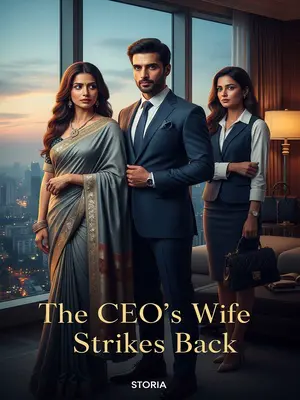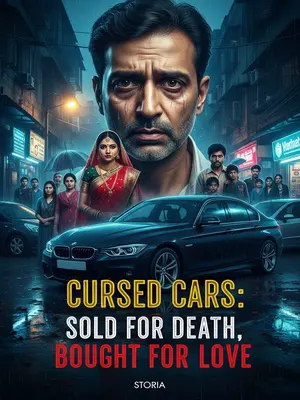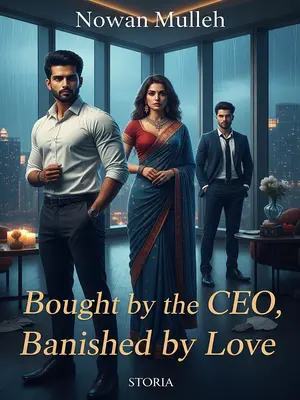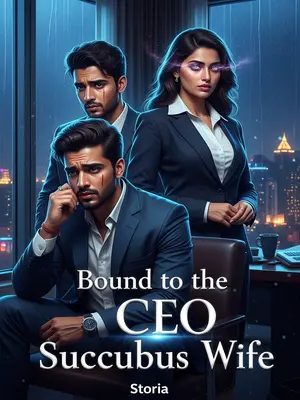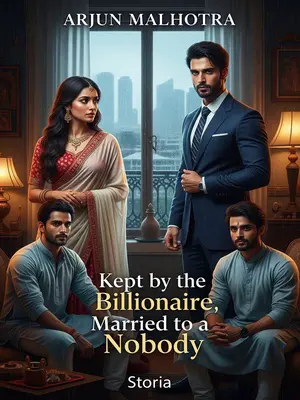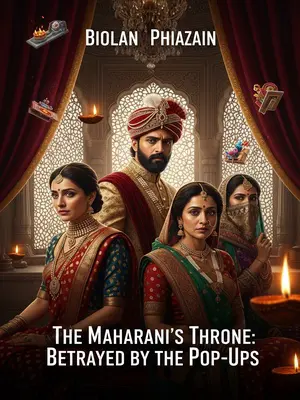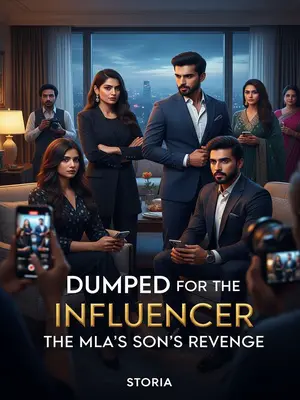Chapter 1: The Crash and the Crowd
The signal flickered yellow. My foot hovered over the brake—should I speed up like everyone else, or do the right thing? That split-second of hesitation felt endless, a familiar tug-of-war for anyone who’s ever driven these streets. I chose caution and hit the brakes.
A screeching thud echoed through the intersection. A faint whiff of burnt rubber mixed with the morning air, and someone’s WhatsApp ringtone jangled from a passing auto. Horns blared from a few annoyed auto drivers, while a stray dog barked in alarm. For a heartbeat, my pulse thundered louder than the chaos around me.
I stepped out to check the damage. The car that hit me? A Porsche.
The early morning air clung to my skin, thick and sticky. The Porsche glinted under the streetlights—a silver fish in a bucket of battered Ambassadors and Swifts. My old Indica looked even sadder next to that beast: paint scraped, bumper dented. My stomach twisted itself into knots.
The Porsche owner strode over, cold coffee in hand, sunglasses perched, high heels clacking on the dusty, uneven road. She jabbed a finger at my face and snapped, "Are you blind or what? Yellow light means go fast, not brake! Kaun sikhaya you driving?"
Her heels struck the potholes like a tabla gone rogue. Her voice sliced through the air, sharper than a saas-bahu taunt on a daily soap. She sized me up, as if I was a rickshaw-puller who’d dared to bruise her precious status symbol.
I managed, "Yellow means slow down and stop."
My voice sounded steadier than I felt. From a nearby tea stall, a chaiwala muttered, "Yeh madam toh full filmy hai," and someone snorted.
Without warning, she flung her cold coffee straight into my face.
Ice-cold droplets trickled down my cheeks, seeping into my collar. Bitter mocha stung my eyes, humiliation burning deeper. My fists clenched, but I stood my ground. I could already picture the memes—chai pe charcha with a side of humiliation. Somewhere, Amma would be shaking her head. The silence was broken by a far-off autorickshaw guy whistling, a note of sympathy in the sound.
She shrieked, "If you can’t drive, just go home! You even wrecked my car. Go tell your mother she gave birth to a brainless idiot. There’s a yellow light and you don’t know to speed up? Out here creating a scene!"
Her words stabbed sharper than the coffee. Dragging my mother in—arrey yaar, that hurt more than the caffeine in my eyes. Onlookers across the road pretended not to stare, but their curiosity was as plain as sunlight.
I wiped my face, blinking hard, pretending not to see my own reflection in the Indica’s side mirror—a sorry sight. My whole body trembled with anger.
My shirt was ruined, but it was my pride that really ached. I wiped my glasses on my sleeve, hands shaking. Under the bright halogen, the world seemed as wobbly as my heartbeat.
Traffic law is clear: if you haven’t crossed the stop line at yellow, you should stop. Dad’s voice echoed in my mind, the way it did every time he sat beside me, adjusting his dhoti and pointing at the dashboard. "Beta, rule hai rule. Don’t act smart at the signals, haan." I muttered to myself, remembering all those RTO forms and lessons.
Everyone knows you’re supposed to slow down at crossings, but people love to press the accelerator when the light turns yellow. Even the panipuriwala at the corner nodded to himself, probably thinking of all the times he’d watched impatient drivers zoom past. "Sab logon ko jaldi hai, bhai."
This Porsche owner saw the yellow about to turn red, floored it, but didn’t expect me to brake. So she crashed into me.
It was typical—big car, bigger ego. I could see her fuming, not ready to accept she was in the wrong. She glared as if the laws didn’t apply to her, only to the rest of us.
Usually, I only see this kind of thing on the news—someone waiting at a yellow light, then the car behind curses them out. I thought people that rude only existed on TV, but today I met one in real life.
Never in my dreams did I think I’d be the poor guy caught on someone else’s phone camera. My hands itched to call my brother and rant, but I stayed silent, feeling the stares gathering like crows over a spilled lunchbox.
The Porsche owner looked at her car, her lips curled in disgust, cursing at me: "I wish I could skin you alive! Driving some piece of junk barely worth two lakh, poor and uncivilized."
She poked at her fender like it was a bruise on her own skin. I spotted a policeman at the far corner, but he was busy arguing with a delivery boy, probably about a missing helmet.
I said, "I’m not going to argue with you. I’m calling the police."
My voice trembled, but I stood my ground. I pulled out my phone, feeling, for a moment, like one of those people in viral videos who refuse to back down. Pride surged inside me—this is what Dad would have wanted.
I lifted my phone, but the Porsche owner snapped. She lunged, grabbed my phone, and smashed it on the road: "Call the police, my foot!"
The phone exploded against the asphalt, pieces scattering like pomegranate seeds. My SIM card popped out and rolled into the gutter. The slap of her words, "Call the police, my foot!"—pure Indian aunty energy.
My phone was gone, just like that.
My heart dropped with the phone. For a second, I felt younger than ever—helpless, like the first time I lost my way in Sarojini market. I stared at the shards—my only connection to help, gone. I felt naked, like a man caught in the rain with no umbrella, no shelter.
She screamed, "You wrecked my car and you have the nerve to call the police? If you don’t have manners, don’t drive! It’s two in the morning, no one else on the road, and you slam the brakes!"
"Bas kar, madam!" I wanted to shout. But my voice was drowned out by her shrill tirade. Her hands flew, bangles jangling like warning bells. Somewhere, a night guard blew his whistle, more out of habit than real concern.
I stood frozen.
Arms limp by my side, I couldn’t trust myself to speak. Sweat soaked my back. The street felt like it was closing in.
I never thought she’d actually get violent.
In all those WhatsApp forwards, it was always someone else. Today, it was me. My hands curled into fists, but I folded my hands, pleading with the universe—control, bhai, control.
I didn’t want to fight. Because if a man hits a woman, it’s nearly impossible for it to be judged as self-defence.
My mother’s voice rang in my head: "Beta, never raise your hand on a woman, no matter what." I took a deep breath, trying to find my centre like those yoga instructors online.
I tried to move past her, but she was in high heels, unsteady. I accidentally knocked her down.
Her ankle twisted, and she stumbled, landing hard on the rough road. I half-stepped forward, but stopped myself—one wrong move and I’d be blamed for everything. Her lipstick was smeared, her bindi half off.
She got up, hair wild, and charged at me again, pounding on my car window with all her strength.
Her fists thudded on the glass—thak, thak, thak—like a dhol at Ganpati visarjan, wild and relentless. Her manicured nails left tiny white scratches, her bangles threatening to crack.
She shrieked: "Get out here! You have the guts to hit someone but not the guts to come out?"
Neighbours in the nearby society were now peeking from behind curtains, muttering, "Kya drama hai, bhai!" Someone peered out from behind a jharokha, phone camera ready but heart unwilling. My ears burned with embarrassment. I wanted to disappear.
I was dumbfounded. When did I hit her? She was the one attacking me.
For a mad moment, I wondered if some CCTV would clear my name, but knew these things never worked in favour of the little guy. The world outside felt unreal, voices mixing with my racing pulse.
I wanted to call the police, but my phone was already destroyed. I couldn’t understand why she was so furious.
My thoughts whirled—no phone, no backup, and a madwoman outside. Why did this feel like an Ekta Kapoor serial, except no one would swoop in for a happy ending?
When there’s a car accident, isn’t it enough to call the police and insurance?
I remembered those endless chai stall debates about how nobody wants to involve the police, but sometimes there’s no choice. I couldn’t believe how quickly things had escalated.
